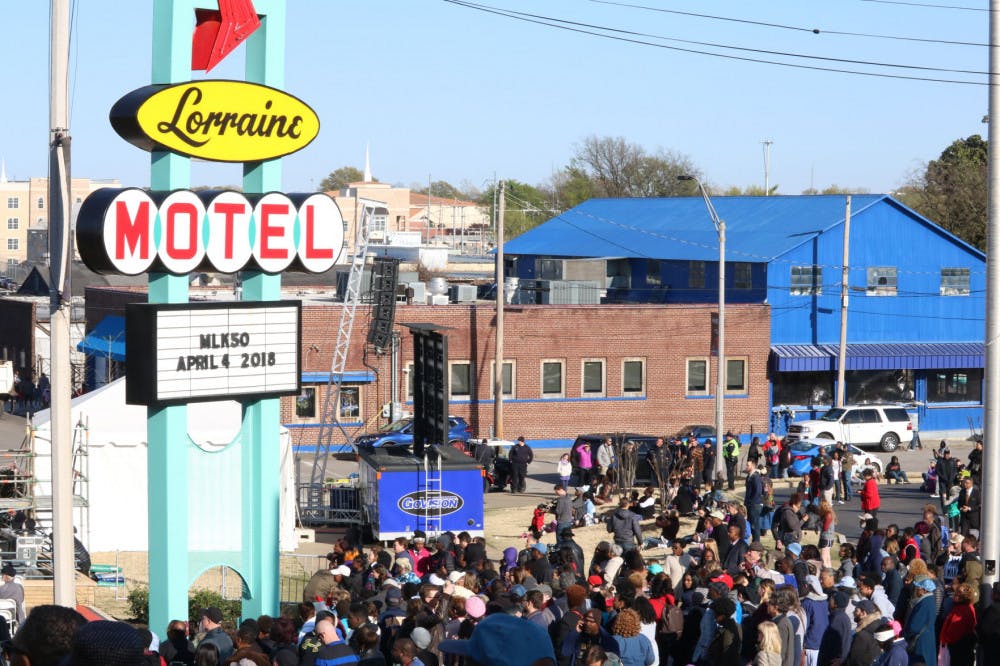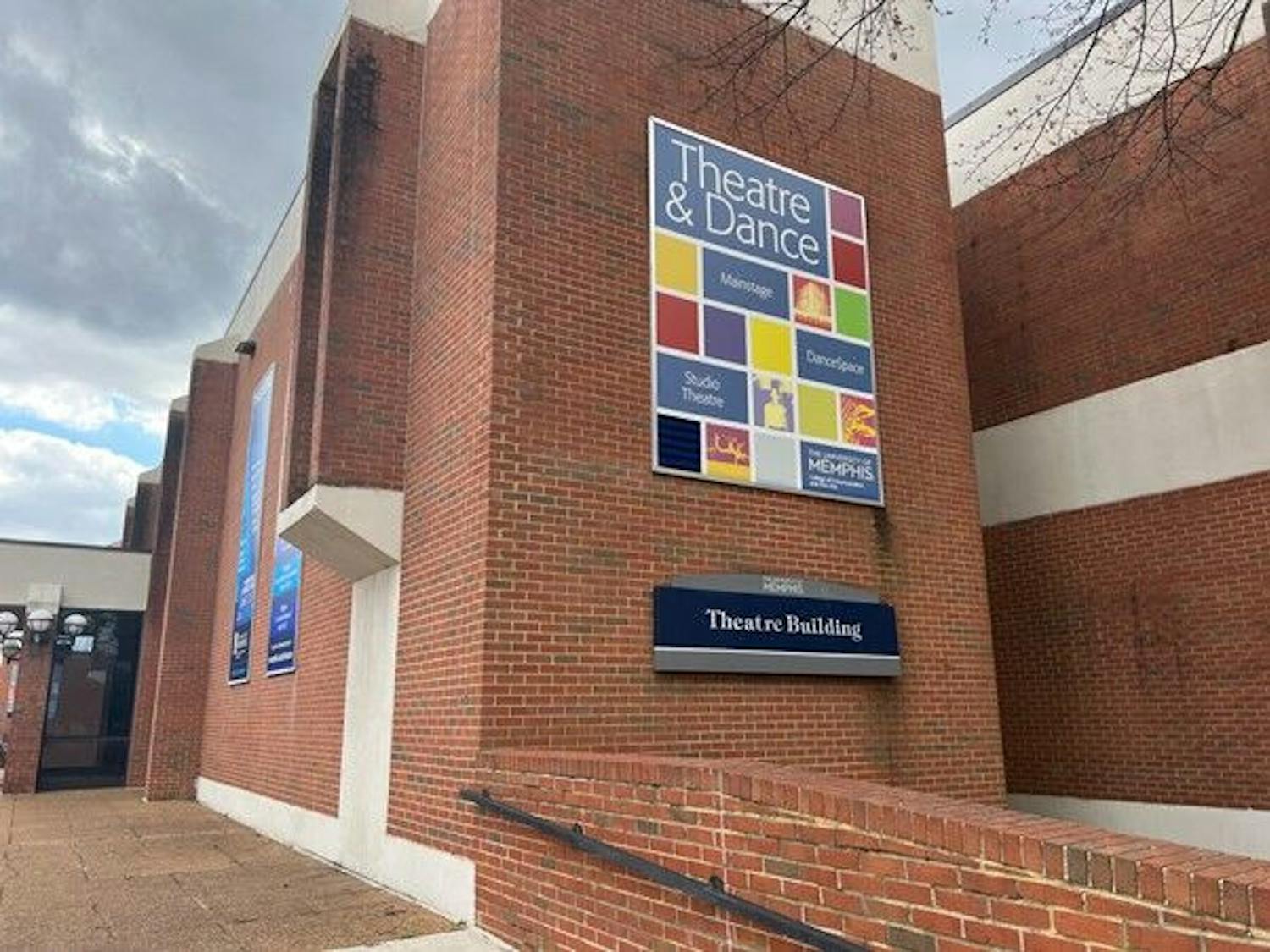Throughout the history of civil rights activism, there have been many ways people have gotten their messages across. Many people point to speeches by Martin Luther King, Jr. as the precedent of this activism, but in 1958, there was a new way of getting this message across.
Dick Gregory began speaking about civil rights in the form of comedy in 1958. He would do his stand-up acts in front of mainly white audiences, and for the most part, it was well-received.
Sheila Gilmer has studied civil rights entertainment for 30 years and said Gregory was important in starting the movement.
“There had been people who had tried to do what Dick did, but no one could do it the way he did,” Gilmer said. “He really was the first one who found a way to entertain whites and not piss them off, and that is how he started this movement.”
After Gregory began this movement, the art of civil rights comedy began to take off in multiple different forms. The next landmark civil rights comedian was Bill Cosby.
Although Cosby’s reputation has been tarnished in recent years, he was still a trailblazer in comedy and the Civil Rights Movement.
Cosby began his career in 1961 and like Gregory, performed in front of predominantly white crowds. Cosby was not as brash as Gregory, and he believed if he could get whites to relate to him, he was doing his job. Cosby was attempting to get whites to relate to blacks through life experiences and comedy.
Gilmer said even though Cosby was more subtle than Gregory, his impact was still tremendous.
“Cosby came up with this revolutionary idea of making whites look at a situation in the same way that he did,” Gilmer said. “He wanted whites to see that they shared a lot of the same views and principles that African Americans did.”
Betty Madison, a Memphis native who grew up during the time of these comedians, said she escaped from racism by listening to comedy.
“I remember being about 15 years old and turning on the radio and listening to comedians like Cosby and Gregory,” Madison said. “It was a way to escape all the negativity, and it was nice to get a laugh every once in a while.”
Inspired by Cosby, a new civil rights comedian began to emerge, and he was much different than those before him.
Richard Pryor began performing in 1963, and he started out much like Cosby being very subtle in his remarks. Pryor began being much more vulgar and used a lot of profanity in 1974. He went on to be successful, and he is widely considered the greatest civil rights comedian of all time.
Gilmer said Pryor completely changed the game and basically shaped modern comedy.
“He seemed like a madman, but he meticulously placed every word,” Gilmer said. “He was way ahead of his time, and he made comedy what it is today.”
Nancy Davis, a Memphis native who grew up in the ‘70s, admired Pryor and his comedy.
“Even though I was not supposed to listen to him, I couldn’t help myself,” Davis said. “He was absolutely hilarious, but there was also a ton of truth to what he was saying.”
After these three pioneers, there were many who came after them. Most new comedians did acts very similar to theirs, but these three shaped what we see today in civil rights comedy.
The modern comedians have kept the memory of Gregory, Cosby and Pryor going, and most people were inspired by them. Comedians such as Martin Lawrence, Dave Chappelle and Chris Rock modeled their acts after these three.
Gilmer said these three modern comedians are important to keep the memory of civil rights comedians alive.
“Lawrence, Chappelle and Rock are all great in my opinion, and they represent the civil rights comedians very well,” Gilmer said. “If you look closely, you can see the traits and inspiration they got from the older guys.”
Gilmer also said the accomplishments of the modern comedians show just how important they are.
“If you look at the amount of awards between the three, it is extremely impressive,” Gilmer said. “Between them, they have multiple Grammys, Emmys and NAACP awards, which truly show the impact they have made.”
A crowd gathers at the National Civil Rights Museum in commemoration of Martin Luther King, Jr.'s death. The event drew thousands of people to the Lorraine Motel.






